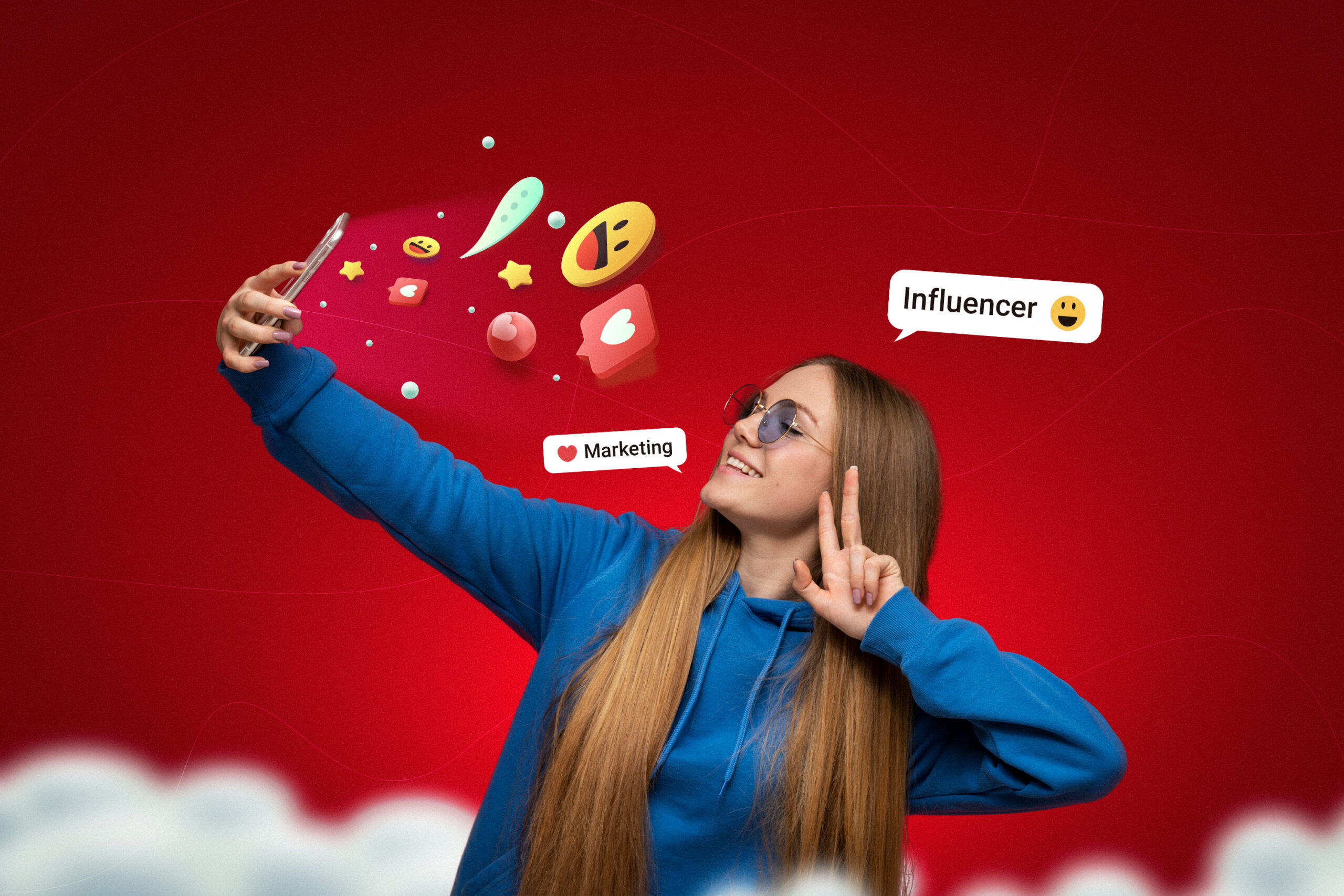Are social media influencers simply pushing the boundaries of creativity, or are they stepping over ethical lines in their quest for views and validation? It's a question that demands a hard look at the digital landscape, especially as some behaviors could lead to significant real-world consequences.
Influencers, armed with vast followings on platforms like Instagram, TikTok, and YouTube, wield considerable power. They are the modern-day marketers, subtly (and sometimes not so subtly) shaping consumer behavior. Many influencers operate responsibly, curating content that is both engaging and ethical. However, a growing number are veering into dangerous territory, peddling harmful products, staging reckless stunts, and ultimately, jeopardizing the trust placed in them by their audiences.
| Influencer Ethics: A Case Study | |
|---|---|
| Category | Details |
| Name | Arielle Charnas (Example) |
| Known For | Fashion and Lifestyle Influencer |
| Controversy | Allegations of copying designs, misrepresenting products, and tone-deaf responses during the COVID-19 pandemic. |
| Ethical Concerns | Lack of transparency with sponsored content, potential copyright infringement, and insensitive behavior towards her audience. |
| Impact | Public backlash, loss of brand partnerships, and damage to her personal brand. |
| Lessons Learned | The importance of authenticity, transparency, and responsible behavior in maintaining trust with followers. |
| Reference Website | The New York Times |
- El Claro Sonora The Soulful Echo Of Latin Rhythms
- Austin Davis Drummer The Rising Star Of The Rhythm Scene


